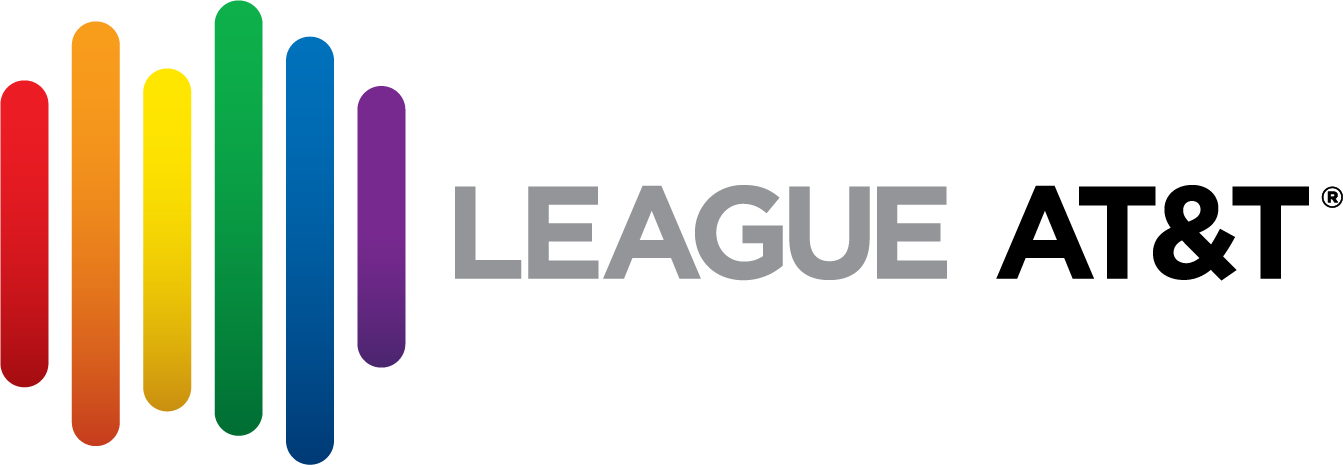In the 35th year since the very first commemoration day, HIV.gov reminds us that ‘Every year on December 1st, the world unites to commemorate World AIDS Day. This annual event serves as a reminder of the global struggle to end HIV-related stigma, an opportunity to honor those we have lost, and a rallying cry to continue working toward a day when HIV is no longer a public health threat. In 2023, we mark the 35th commemoration of this important day with the theme “World AIDS Day 35: Remember and Commit”.’ In the US the national strategy comprises 5 strategies:
- Increase Awareness and End Stigma and Discrimination: Spreading accurate information about HIV, reducing stigma, and promoting prevention and testing are crucial steps. Stigma and discrimination remain formidable barriers to effective HIV testing, prevention, and care. We must commit to creating societies that are inclusive by ending discriminatory laws, policies, and practices that hinder the achievement of our goals to address the HIV epidemic.
- Accessible Healthcare and Support Services: Creating healthcare systems that provide high quality, affordable, culturally and linguistically appropriate prevention, testing, and treatment for all individuals, especially the priority and key populations identified in the Strategies, is a must. Millions lack access to life-saving medical care and medications. Many who do have access often experience interruptions in treatment due to complications with transportation, housing, or food insecurity. A wholistic approach to service delivery that positively influences the social drivers of health for those living with HIV is needed to help them achieve optimal health and wellness.
- Prevention Efforts: Prevention remains a vital component of the fight to end the HIV epidemic. We must continue to promote education, support safe practices that include syringe services and overdose prevention programs, and access to PEP and PrEP to reduce new infections.
- Research and Innovation: Scientific research and innovation have played a pivotal role in the progress made in 40 years of the HIV epidemic. Committing to ongoing research is essential for developing new treatments and prevention methods, and ultimately finding a cure.
- Community-Driven Responses: Programs and initiatives do best when driven by the voices of the most impacted communities. We must listen to what people with lived experience tell us works and what doesn't work.
Around the globe, the UN is taking a more locally-based approach with the theme ‘LET COMMUNITIES LEAD’, and call out a shortage in funding and increasing attacks on the human rights of underrepresented people as among the key threats to be addressed. As part of their Call to Action they highlight the following action points:
- Communities’ leadership roles need to be made core in all HIV plans and programs and in their formulation, budgeting, implementation, monitoring and evaluation. “Nothing about us without us.”
- Communities’ leadership roles need to be fully and reliably funded to enable the required scale up, and be properly supported and remunerated. “Not ending AIDS is more expensive than ending it.”
- Barriers to communities’ leadership roles need to be removed. An enabling regulatory environment is needed which facilitates communities’ role in provision of HIV services, ensures civil society space, and protects the human rights of all, including of marginalized communities, to advance the global HIV response. “Remove laws that harm, create laws that empower.”
Watch how this is coming to life by changing opinions and addressing stigma in local communities around the globe through training, mentorship and support here, here and here.
